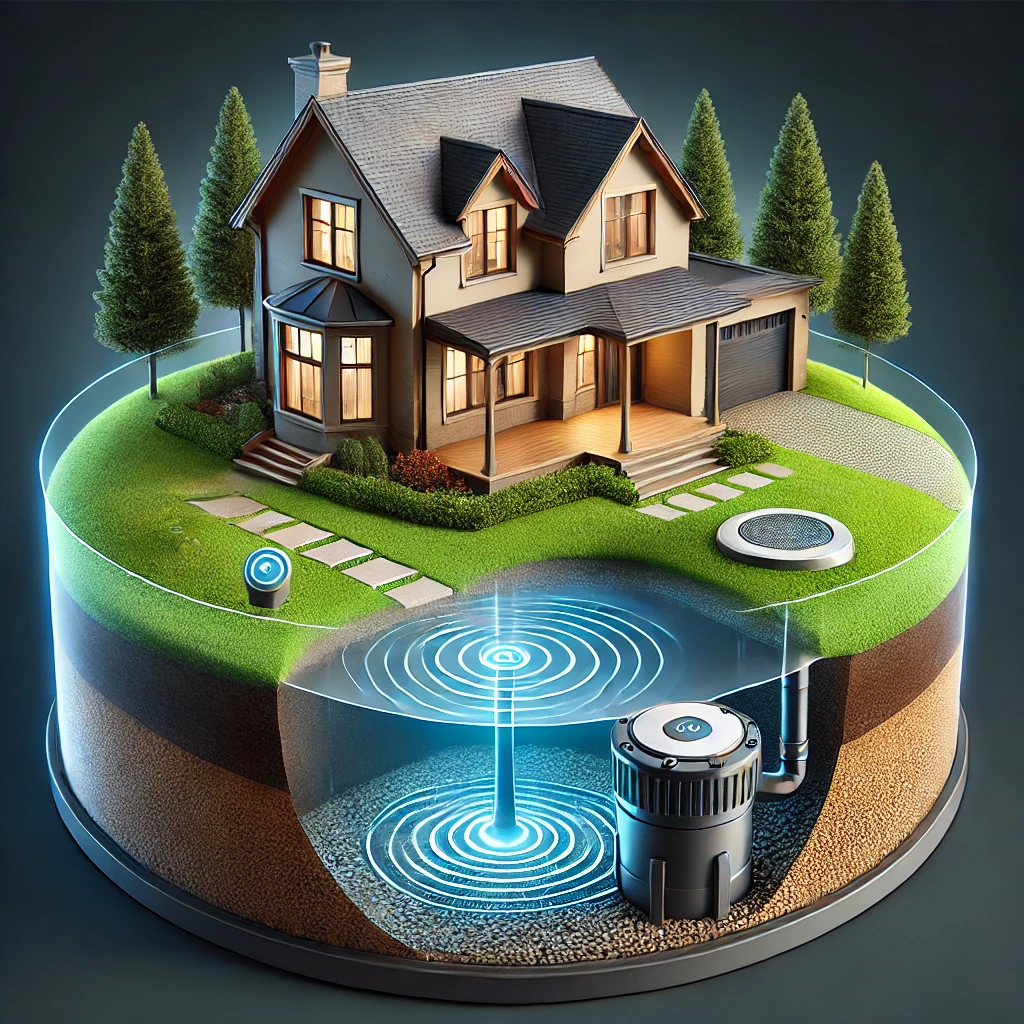
Don’t Let Hidden Leaks Drain Your Wallet
Water damage is one of the most expensive and stressful problems homeowners face. It can start with something as small as a minor leak—until one day, you’re dealing with warped floors, mold, or even structural damage.
The good news? You don’t have to wait for disaster to strike. With the right preventative steps, you can stop water damage before it happens—saving yourself time, money, and stress.
This guide will walk you through expert-approved strategies to keep your home safe, dry, and protected from costly repairs.
Why Preventing Water Damage Matters
Water damage isn’t just about a leaky pipe or a flooded basement—it can lead to:
- Structural Damage – Compromised foundations, weakened walls, and rotting wood.
- Mold Growth – A serious health hazard that thrives in damp conditions.
- Electrical Hazards – Water and electricity don’t mix, creating dangerous situations.
- Decreased Property Value – Persistent water issues make a home harder to sell.
The good news? Water damage is preventable with the right approach.
1. Keep Moisture Under Control
Inspect and Maintain Your Roof
Your roof is the first line of defense against water intrusion. Even a small leak can cause major damage over time.
What to Do:
- Check for missing, cracked, or curling shingles.
- Clean gutters and downspouts to prevent overflow.
- Inspect attic insulation for moisture buildup.
A neglected roof can turn a minor leak into a disaster. Regular maintenance keeps your home dry—even in the worst storms.
Seal Windows, Doors, and Foundation Cracks
Small gaps around windows, doors, and foundations let water seep in, leading to long-term damage.
What to Do:
- Apply weatherproof caulk around windows and doors.
- Use hydraulic cement to seal foundation cracks.
- Install weather stripping to prevent leaks.
Ignoring small cracks today can lead to costly repairs tomorrow.
2. Direct Water Away from Your Home
Grade Your Yard Properly
Poor grading leads to water pooling around your foundation, increasing the risk of basement leaks.
What to Do:
- Ensure the ground slopes away from your home.
- Install French drains or dry wells to redirect excess water.
- Keep trees and shrubs a safe distance from the house to avoid root interference.
A properly graded yard is a simple yet effective way to prevent water damage.
Install a Sump Pump for Extra Protection
If your basement floods during heavy rains, a sump pump is essential.
What to Do:
- Install a sump pump in your basement or crawl space.
- Test it regularly to ensure it works before storms hit.
- Consider a battery backup system in case of power outages.
Think of a sump pump as your last line of defense—it can mean the difference between a dry basement and costly repairs.
3. Use Technology for Early Leak Detection
Smart Water Sensors: Your Early Warning System
Water damage often starts with an unnoticed leak. Smart water sensors provide real-time alerts before the damage spreads.
What to Do:
- Place leak detectors near appliances, sinks, and in basements.
- Connect them to your smartphone for instant alerts.
- Consider a whole-home monitoring system for maximum protection.
Catching leaks early can prevent thousands of dollars in damage.
Monitor Indoor Humidity
Excess moisture leads to mold growth and hidden water damage. Keeping humidity levels in check protects your home.
What to Do:
- Maintain indoor humidity between 30-50%.
- Use dehumidifiers in basements and bathrooms.
- Ensure proper ventilation in kitchens and laundry rooms.
By controlling humidity, you reduce the risk of mold and structural damage.
4. Prevent Plumbing Disasters
Check for Hidden Leaks
Plumbing leaks often go unnoticed until they cause serious damage.
What to Do:
- Inspect under sinks and behind appliances for moisture.
- Watch for sudden spikes in your water bill.
- Use a water meter test to detect hidden leaks.
A slow leak might not seem urgent, but over time, it can cause extensive damage.
Winterize Pipes to Prevent Freezing
Frozen pipes can burst, leading to severe flooding and water damage.
What to Do:
- Insulate exposed pipes in unheated areas.
- Keep faucets dripping during extreme cold to prevent freezing.
- Seal gaps where cold air can enter.
A burst pipe can flood an entire home in minutes—take preventive steps now.
Protect Your Home Before Water Damage Strikes
Preventing water damage isn’t just about fixing leaks—it’s about taking proactive steps to protect your home before problems arise. These strategies will safeguard your property, save you from costly repairs, and give you peace of mind.
Want expert guidance on protecting your home?
Talk to an Expert for personalized advice.
Need coverage in case the unexpected happens?
Get a Quote Today for customized protection.
For more home protection insights, check out our blog.
FAQs: Your Water Damage Prevention Questions Answered
1. How can I tell if I already have hidden water damage?
Look for musty odors, peeling paint, warped floors, or unexplained spikes in your water bill. If in doubt, schedule a professional moisture inspection.
2. How often should I inspect my roof for leaks?
At least twice a year—once in the spring and once in the fall. Also, check for damage after severe weather.
3. Are smart water sensors worth it?
Yes! They detect leaks early, helping you avoid major damage and expensive repairs.
4. What’s the best way to protect my floors from water damage?
Use waterproof sealants on wood floors, install water-resistant underlayment, and place rugs in high-risk areas.
5. Can landscaping really help prevent water damage?
Absolutely. Proper grading and drainage solutions like French drains keep water from pooling around your foundation, reducing the risk of damage.
By taking a proactive approach, you can protect your home and avoid the stress of unexpected water damage.
